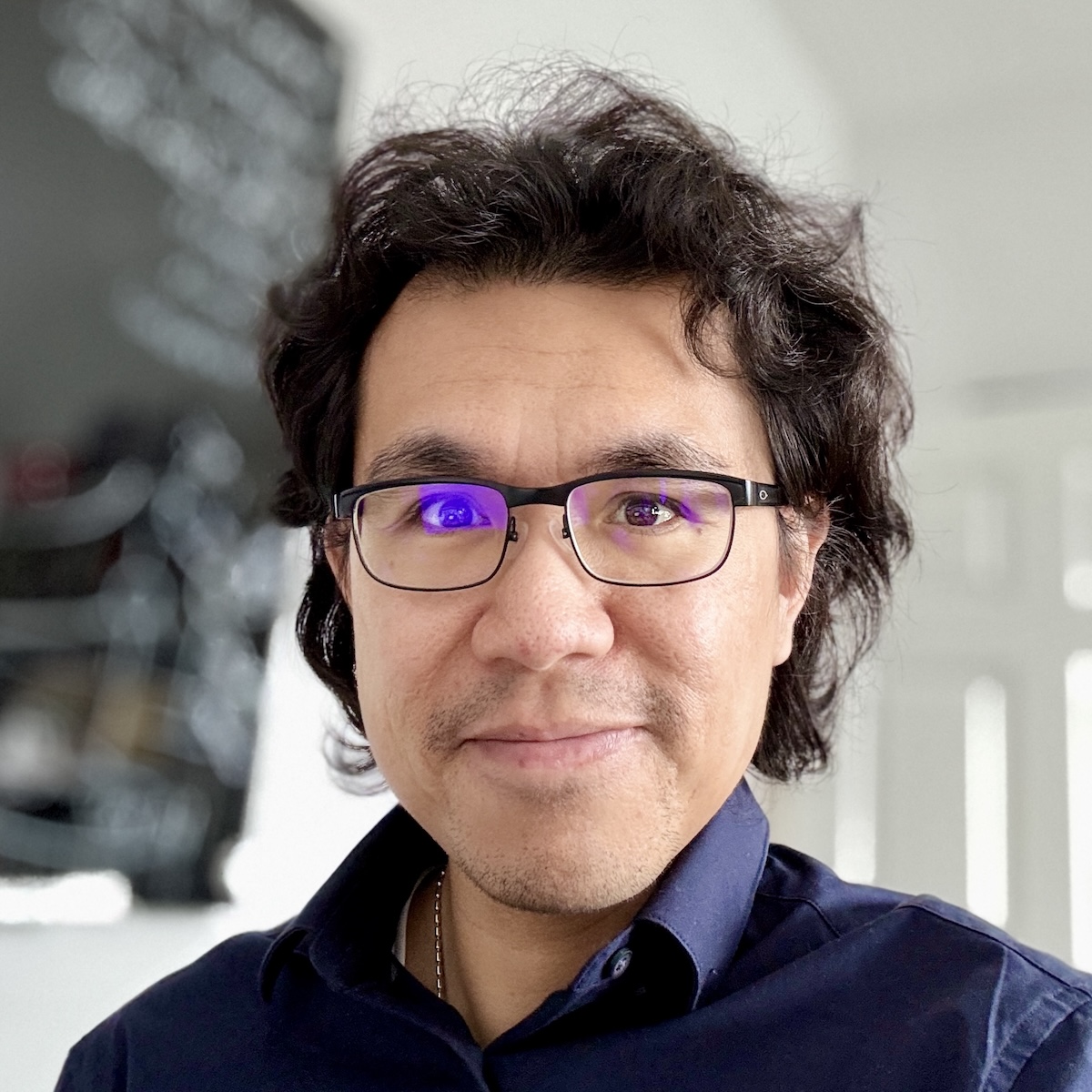GCRF Grant on SAFEWATER
Mark Ng is one of the co-invetigators who secured a close to £5 million GCRF grant led by Principal Investigator Prof. John Byrne to study “Low cost technologies for safe drinking water in developing regions (SAFEWATER)”.
Mark will lead the development and the optimisation of embedded algorithms in the SAFEWATER project. These embedded algorithms will be used for controlling the low-cost water disinfection technologies that are being developed during the SAFEWATER project.
Summary of project:
At least 1.8 billion people globally use a source of drinking water that is faecally contaminated and thus likely to lead to diarrheal illness: nearly 1,000 children die each day due to water and sanitation-related diarrhoeal diseases. Safe drinking-water is required for all usual domestic purposes, including drinking, food preparation and personal hygiene. Diseases related to the consumption of contaminated drinking-water place a major burden on human health. In 2015 663 million people still lacked access to an improved drinking water source, and these are mostly the poor and marginalized. Almost a quarter of those people rely on surface water which is untreated and over 90% live in rural areas. Many people are forced to rely on sources that are microbiologically unsafe, leading to a higher risk of contracting waterborne diseases, including typhoid, hepatitis A and E, polio and cholera.
This proposal aims to develop and assess low cost technologies for safe drinking water which can help address the significant socioeconomic impact of water borne diseases in developing regions. We will establish a centre which will involve a range of different expertise collaborating with universities in Brazil and Colombia and two not-for-profit organisations from Colombia and Mexico. The objectives are to develop low cost technologies to give clean water to the poor people in rural Brazil, Colombia and Mexico, and to develop devices which can be used to assess drinking water quality in remote regions without access to high tech laboratories. These water technologies will be tested under real conditions with the cooperation of the rural communities. We shall also assess any health benefits in the communities following the use of the technologies to give safe water.
The main benefit of this research will be a reduced incidence of water borne diseases in developing regions. This will result in less illness and fewer deaths for children. This will also lead to improved quality of life for families. Females are normally responsible for water in the home and user-friendly, safe water systems will result in less pressure on females. Reduced illness means that children are more able to attend school and there will be less absence from employment for adults. If local communities can get involved in the manufacture, deployment and/or maintenance of water treatment systems, then this may lead to economic development in the communities.
The official website of the project can be found here.

Comments